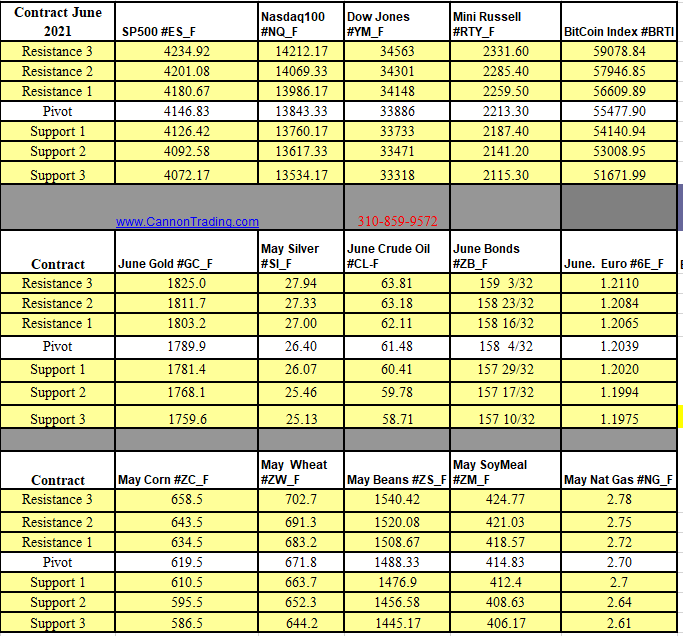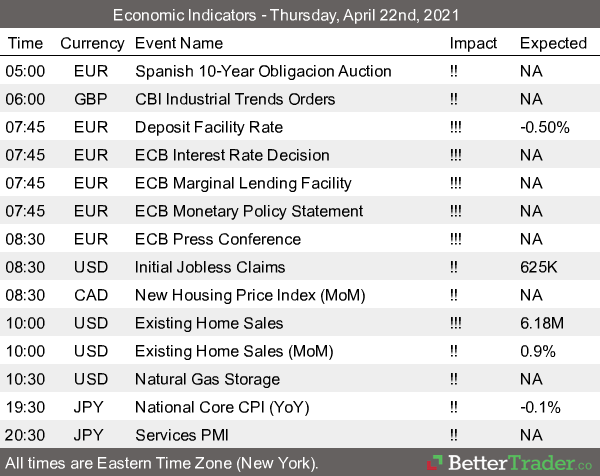Learn more about commodity brokers at Cannon Trading Company here.
In the world of financial markets, traders rely on intermediaries known as brokers to facilitate their transactions and provide access to various assets and trading instruments. Commodity brokers, futures brokers, and forex brokers are key players in this ecosystem, each specializing in a specific type of trading. In this comprehensive guide, we will explore the roles of these brokers, highlight the differences between experienced and inexperienced futures brokers, compare futures brokers to commodity brokers and forex brokers, and delve into the exceptional services provided by Cannon Trading Company.
Commodity brokers are professionals who facilitate trading in a wide range of physical commodities, such as agricultural products (grains, livestock), energy resources (crude oil, natural gas), and precious metals (gold, silver). They act as intermediaries between traders and the commodity exchanges where these products are bought and sold.
Services of Commodity Brokers:
- Providing market information and analysis related to various commodities.
- Facilitating the execution of buy and sell orders for commodities.
- Assisting clients in managing risk through hedging strategies.
- Offering insights into supply and demand dynamics that impact commodity prices.
Futures brokers specialize in facilitating transactions involving futures contracts. Futures contracts are standardized agreements to buy or sell a specific quantity of an underlying asset at a predetermined price on a future date. These contracts are widely used for speculation, hedging, and risk management.
Differences Between Experienced and Inexperienced Futures Brokers:
- Market Knowledge: Experienced futures brokers possess in-depth knowledge of the markets they serve, including factors influencing price movements. Inexperienced brokers might lack this expertise.
- Risk Management: Skilled futures brokers help clients develop effective risk management strategies, such as setting stop-loss orders and position limits. Inexperienced brokers might overlook these critical aspects.
- Execution Speed: Experienced brokers offer fast and efficient order execution, reducing the impact of slippage. Inexperienced brokers might struggle with timely execution.
- Customer Support: Established brokers provide comprehensive customer support, addressing queries and concerns promptly. Inexperienced brokers might lack the resources to offer reliable support.
Forex Brokers
Forex brokers, also known as FX brokers or foreign exchange brokers, facilitate trading in the foreign exchange market. This market involves the exchange of currencies, where traders speculate on the price movements of one currency relative to another.
Services of Forex Brokers:
- Offering access to a wide range of currency pairs for trading.
- Providing trading platforms with real-time quotes, charting tools, and technical indicators.
- Facilitating leveraged trading, allowing traders to control larger positions with a smaller amount of capital.
- Offering different types of accounts suited to the needs of various traders.
Comparing Futures Brokers, Commodity Brokers, and Forex Brokers
- Asset Focus:
- Futures Brokers: Specialize in facilitating futures contracts trading across various asset classes, including commodities, indices, and interest rates.
- Commodity Brokers: Focus on facilitating trading in physical commodities and related derivatives.
- Forex Brokers: Primarily cater to forex trading, allowing traders to speculate on currency exchange rate fluctuations.
- Trading Instruments:
- Futures Brokers: Facilitate trading in standardized futures contracts based on commodities, financial indices, and other assets.
- Commodity Brokers: Enable trading in physical commodities like agricultural products, energy resources, and metals.
- Forex Brokers: Offer trading in currency pairs, allowing traders to profit from fluctuations in exchange rates
- Risk and Volatility:
- Futures Brokers: Futures trading can involve significant leverage, leading to potential high profits or losses. Markets can be volatile.
- Commodity Brokers: The prices of physical commodities are subject to supply and demand dynamics, as well as geopolitical events.
- Forex Brokers: Forex markets can be highly volatile, with exchange rates influenced by economic indicators, geopolitical events, and central bank decisions.
Cannon Trading Company: Exceptional Customer Service and TrustPilot Rating
Cannon Trading Company stands out as a reputable brokerage firm that offers services in futures trading. Their commitment to providing outstanding customer service, along with their exceptional TrustPilot rating, underscores their dedication to the success and satisfaction of their clients.
- Customer Service Excellence: Cannon Trading Company’s team of experienced brokers provides personalized support, market insights, and trading strategies to clients. Their expertise assists traders in making informed decisions and navigating the complexities of futures markets.
- TrustPilot Rating: The brokerage firm boasts a remarkable TrustPilot rating of 4.9 out of 5 stars, demonstrating their consistent ability to meet and exceed customer expectations. This rating signifies the positive experiences clients have had with Cannon Trading Company’s services.
Commodity brokers, futures brokers, and forex brokers play distinct roles in facilitating trading in various financial markets. Futures brokers focus on futures contracts trading, commodity brokers specialize in facilitating commodity transactions, and forex brokers enable forex trading. The differences between experienced and inexperienced futures brokers emphasize the importance of knowledge, risk management, and customer support. Cannon Trading Company’s exceptional customer service and TrustPilot rating highlight the value of a brokerage partner that prioritizes client success and satisfaction, making them a top choice for futures traders.
Ready to start trading futures? Call 1(800)454-9572 and speak to one of our experienced, Series-3 licensed futures brokers and start your futures trading journey with Cannon Trading Company today.
Disclaimer – Trading Futures, Options on Futures, and retail off-exchange foreign currency transactions involves substantial risk of loss and is not suitable for all investors. Past performance is not indicative of future results. You should carefully consider whether trading is suitable for you in light of your circumstances, knowledge, and financial resources. You may lose all or more of your initial investment. Opinions, market data, and recommendations are subject to change at any time.


